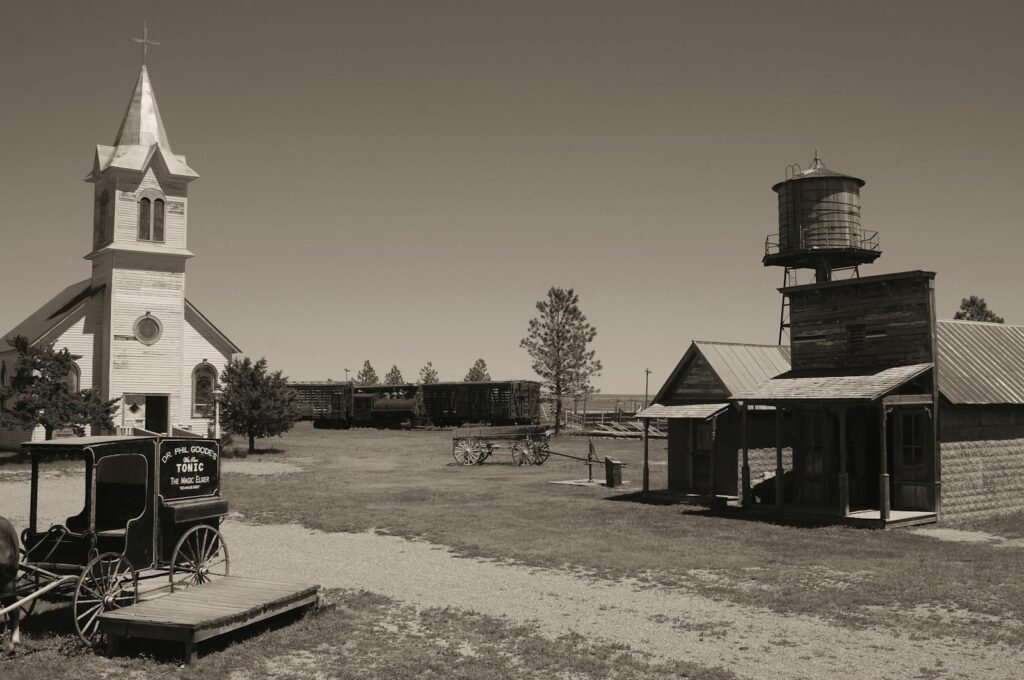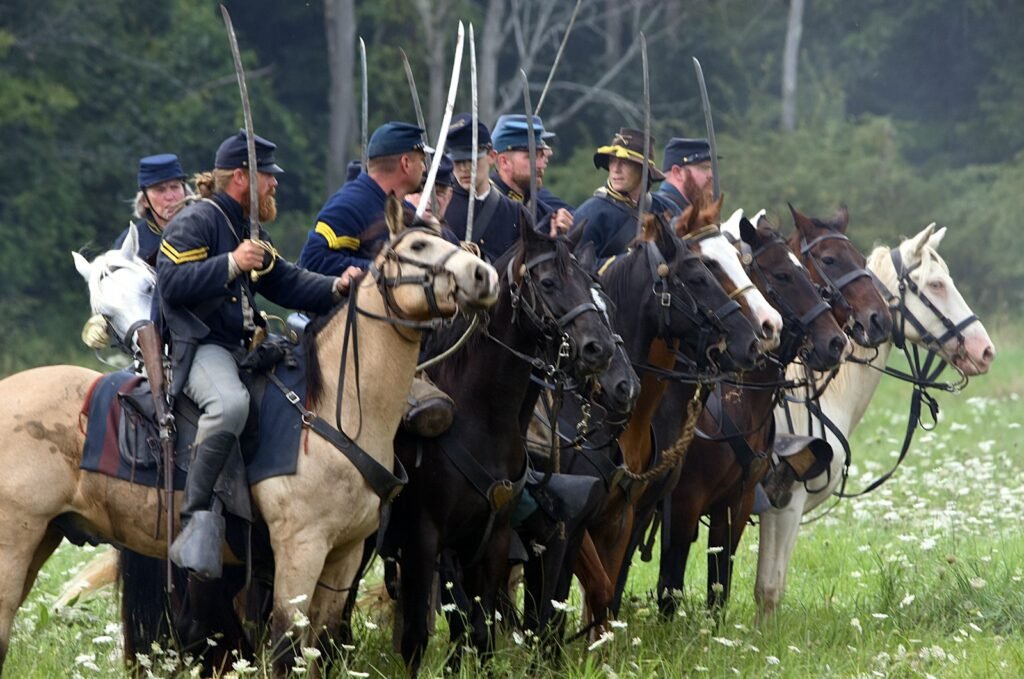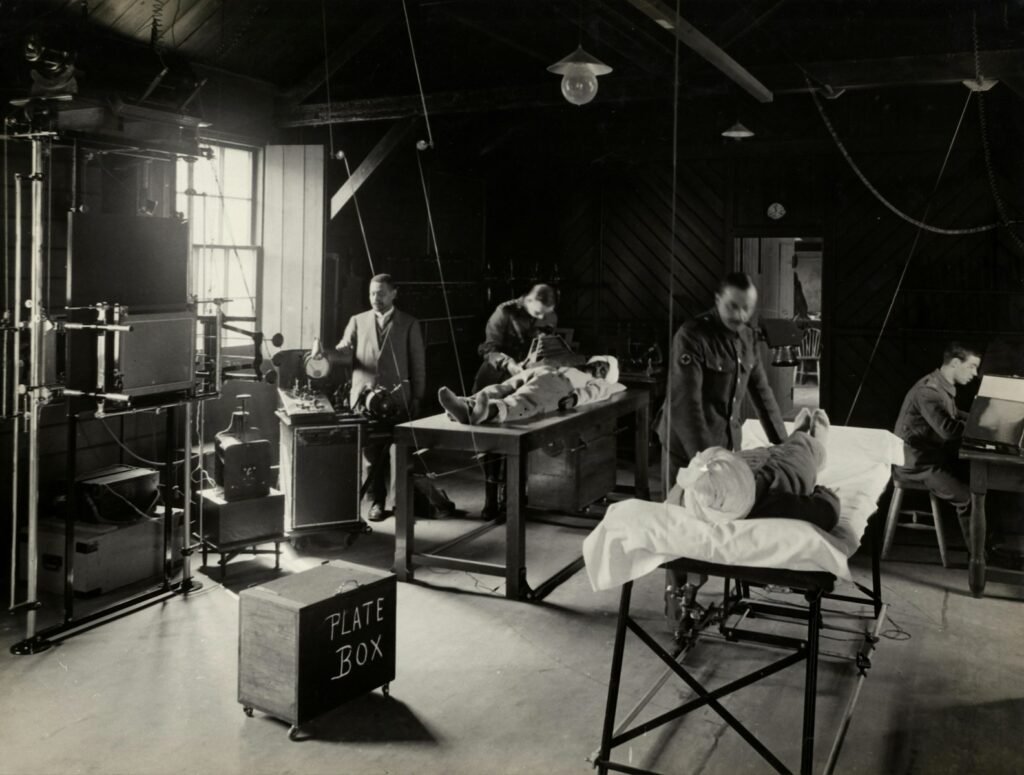
Life on the Frontier: An Overview
The life on the frontier in the 18th century was anything but easy, I must say. It was a constant battle for survival, with obstacles popping up when least expected. From brutal weather conditions to limited resources, our forefathers truly had their work cut out for them. As Daniel Boone once cryptically remarked, “I cannot claim to have been lost at any point, but there was a moment of bewilderment that lasted three whole days.” Just imagine being stranded in the wilderness for days on end, without the luxury of GPS or Google Maps to steer you in the right direction. This was the harsh reality faced by many pioneers and trailblazers of yesteryear.
However, it wasn’t all darkness and despair on the frontier. Despite all the challenges, there existed an aura of freedom and potential that simply couldn’t be found in more settled regions of the nation. In the wise words of Benjamin Franklin, “Wisdom is impossible without freedom of thought – just as public liberty cannot exist without freedom of speech.” The frontier provided a breeding ground for new ideas and groundbreaking innovations. It stood as a vast canvas waiting to be adorned with the dreams and ambitions of those courageous enough to explore uncharted territories.
The Challenges of Daily Chores
Ah, the perplexing and bursting nature of daily chores in the frontier days – a true test of endurance and perseverance. Before the sun even dared to rise, our predecessors were already immersed in labor, caring for livestock, chopping wood, and preparing sustenance. As the wise Ben Franklin once declared, “Early to bed, early to rise, makes a man healthy, wealthy, and wise,” a sentiment that resonated deeply with those pioneering souls. With each pot scrubbed clean and every crop harvested from the unforgiving soil, they were not simply maintaining their homesteads but laying down the groundwork for their destinies.
Yet oh! The myriad challenges that lay before them! Constantly engaged in battle with nature’s whims – whether scorching heat or frostbite-inducing winters – every task demanded an extra dose of fortitude and resilience. And let us not overlook the ever-present threat of unwelcome guests – pests and predators lurking nearby at all times ready to sabotage their hard-earned efforts. In jestful fashion as Mark Twain once quipped: “Work consists of whatever a body is obliged to do; Play consists of whatever a body is not obliged to do.” On the frontier though it seemed there was always more work than play but through it all our ancestors soldiered on knowing that each completed chore brought them one step closer towards survival and triumph.
Social Gatherings and Community Events
Oh, the social gatherings and community events of yesteryear in the 18th century United States were a sight to behold, filled with perplexing energy and bursting with life. Picture the lively town squares teeming with music, laughter, and the tantalizing scents of delectable food lingering in the air. It was an era where people gathered to celebrate, to mourn, and simply revel in each other’s presence.
One particular event that remains etched in my mind is the annual harvest festival in colonial Virginia. As George Washington himself once mused, “The hour is always brightest when the harvest is gathered.” This sentiment perfectly captures the essence of these gatherings – a time when farmers and townsfolk united to rejoice in nature’s abundance and express gratitude for another fruitful year. The festivities spanned days, brimming with feasting, dancing, and games for all participants. It was a period of communal bonding and shared elation; a reminder of the significance of unity during times of plenty.
Beyond agricultural revelries, community events during this epoch played a vital role in fostering solidarity among America’s diverse populace. Whether through town meetings discussing local affairs or church socials raising funds for those in need; these gatherings shaped society’s very fabric. In Benjamin Franklin’s immortal words: “We must all hang together or assuredly we shall all hang separately.” These words resonate even today – underscoring the strength found when communities unite to face challenges and celebrate victories together. Thus endures the legacy of these enigmatic social gatherings; a testament to America’s enduring spirit of unity throughout its storied history.n
Education and Entertainment
Transport yourself back to the 18th century, a time when education and entertainment wove together seamlessly in the intricate fabric of frontier life. Learning did not merely reside within the confines of classrooms; instead, it sprang forth from the very essence of communal existence. As Benjamin Franklin famously remarked, “Tell me and I forget, teach me and I may remember, involve me and I learn.” This enigmatic statement captures the enigmatic nature of education during this era – a continuous cycle of knowledge transfer through practical skills passed down from one generation to another.
Entertainment held equal importance for those on the frontier. Whether it was a lively barn dance beneath a canopy of stars or an evening spent sharing tales by the flickering flames of a campfire, communal gatherings provided solace and joy amidst the harsh realities of pioneer life. Mark Twain astutely observed that “The secret source of humor itself is not joy but sorrow. There is no humor in heaven.” Indeed, laughter and cultural exchanges served as pillars for pioneers seeking connection and respite from their struggles.
In this whirlwind tapestry where education meets entertainment on the frontier stage, bonds were forged that stood strong against time’s relentless march forward.
Health and Wellness Practices
In the tumultuous 18th century, achieving optimal health posed a formidable challenge for those navigating the lively American frontier. With scant access to medical aid and an unforgiving terrain to navigate, settlers were compelled to turn to diverse wellness rituals in their quest for well-being. One prevalent practice involved harnessing the power of herbs and plants for medicinal purposes. As Benjamin Franklin cryptically remarked, “An apple a day keeps the doctor away,” underscoring the significance of natural remedies in preserving one’s health.
Moreover, maintaining cleanliness emerged as a pivotal facet of wellness customs during this era. Drawing inspiration from George Washington’s profound words on hygiene, “Cleanliness and order are not matters of instinct; they are matters of education,” frontier dwellers diligently upheld personal hygiene standards to stave off sicknesses. Regular bathing sessions, meticulous handwashing routines, and vigilance in upholding a pristine living environment all formed indispensable habits crucial for safeguarding one’s health amidst the rigors of frontier existence.
Gender Roles and Expectations
In the enigmatic 18th century, gender roles and expectations in the American frontier were intricately woven into the fabric of society, creating a tapestry of interactions and functions that puzzled many. Women found themselves entrusted with the arduous tasks of managing the household, tending to children, and supporting their husbands in multifaceted ways. As Abigail Adams cryptically noted, “Remember, all men would be tyrants if they could.” The measure of a woman’s worth was often tied to her ability to cultivate virtue and maintain domestic tranquility.
Conversely, men on the frontier bore the weighty burden of being providers and protectors for their families. They assumed leadership positions within their communities, making decisions that reverberated not only within their own homes but throughout the settlement as a whole. In echoing John Adams’ profound words, “Every man is responsible for his own actions,” it became clear that men carried a heavy mantle of responsibility for ensuring the prosperity and stability of both family units and communal life. Gender roles were not mere assignments; they served as defining features of one’s identity and obligations in frontier existence- a period where such roles played an indispensable role in securing survival and fostering societal advancement perplexingly intertwined with bursts of growth.
Religious Practices and Beliefs
The religious practices and beliefs of 18th-century frontier America were a swirling kaleidoscope of diversity, mirroring the vastness of the landscapes they inhabited. Communities found themselves entwined with their faith, drawing comfort and direction from their deeply held convictions. Thomas Jefferson’s contemplation on the intertwining gifts of life and liberty from God struck a chord with many pioneers, who viewed their religious beliefs as inseparable from their pursuit of freedom and autonomy.
During this tumultuous era, churches stood not only as places for devotion but also as bustling centers for communal gatherings and mutual support. George Washington’s assertion that religion is essential to reason echd loudly in the hearts of early settlers, guiding them through trials and tribulations while providing a sense of clarity. From solemn Sunday sermons to fervent prayer meetings and jubilant religious celebrations, faith wove itself into every aspect of frontier life, molding values, nurturing relationships, and influencing daily choices.
Economic Activities and Trade
Life on the 18th-century American frontier was a chaotic whirlwind of economic activities and bustling trade that intricately shaped communities and livelihoods. From vibrant market squares teeming with activity to intense bartering for goods, every interaction seemed to burst forth with opportunities for exchange and growth. As one delves into the historical tapestry of commerce that drove the nation’s progress, it becomes a perplexing journey through time.
Benjamin Franklin aptly captured the essence of trade on the frontier when he said, “Commerce among nations must thrive on mutual benefit and trust.” This sentiment epitomized the spirit of trade during this era. Whether it was the fur trade flourishing in the North or agriculture booming in the South, goods flowed freely as connections were forged amidst uncertainty. Settlers faced constant challenges in their pursuit of economic success but managed to carve out a path towards prosperity that echs through history. The tales of farmers haggling over crops and skilled artisans proudly displaying their creations create a vivid image of a dynamic economy thriving at civilization’s edge.


